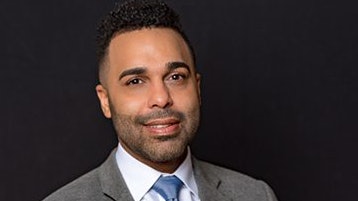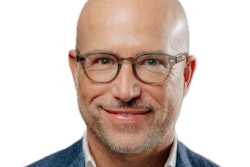Historically Black colleges and universities (HBCUs) face systemic challenges in accumulating substantial endowments, according to a new joint study by UNCF (United Negro College Fund) and PGIM, the global asset management business of Prudential Financial, Inc.
“Investing in Change: A Call to Action for Strengthening Private HBCU Endowments” found that a lean endowment factors into whether an HBCU can ensure institutional stability and growth and qualify education for its students. It explores these challenges and how the asset management industry can work with HBCUs to achieve better outcomes.
 Edward Smith-Lewis
Edward Smith-Lewis
The study indicates four main constraints for HBCU endowment professionals tied to lack of funding and the comparably small size of their endowments: 1.) HBCUs are substantially more risk averse than non-HBCUs, 2.) smaller HBCU endowments limit infrastructure and capabilities, 3.) HBCUs steward their endowment with significantly fewer investment management resources, and 4.) HBCUs have smaller alternatives allocations than non-HBCUs.
The study shows that private HBCUs have far fewer resources than non-HBCUs when it comes to overseeing their endowment portfolios — placing limitations on how they can use their endowment, manage risk, and make asset allocation decisions.
“Our hope is that this research initiates critical conversations about how to level the playing field for HBCU endowments and how asset managers can engage with these vital institutions to help them meet their long-term goals,” said Sancia Dalley, managing director and head of PGIM’s DEI Portfolio and HBCU Investment Strategy. “PGIM’s work with HBCUs and UNCF is one way we can help fuel an ecosystem that is already producing a strong talent pool of future professionals for our industry.”





















